Workshop on R&D Innovations towards advancing biofertilizers - Reporting on outcomes
The Bill & Melinda Gates Foundation and the Novo Nordisk Foundation brought together expert representatives from academia, industry, national research partners and consultancies in a workshop focused on R&D innovations to advance biofertilizers, with support and facilitation from Hystra.
In the last decades, specific microbes have been isolated and cultivated to act as biofertilizers, and enhance nutrient availability for plants in the soil. By reducing the need for chemical products, they can be a key component of sustainable and regenerative agricultural practices – and improve the profits of farmers using chemical inputs. Thanks to their potentially lower production costs, they can also enable cash-deprived smallholder farmers to access fertilizers for the first time or get more results from the limited chemical fertilizers they are already purchasing. Although a few countries already use biofertilizers on millions of hectares (US, Brazil, and some Indian States), overall adoption has however been slow, particularly in Sub-Saharan Africa.
The workshop allowed to clarify the reasons behind this slow uptake at each step of the R&D value chain, from lack of coordination in research to inadequate production and testing technology and processes, through misaligned standards and policies slowing innovation down. Workshop participants were then able to devise solution pathways to unlock the potential of biofertilizer all along key dimensions, such as developing information-sharing and decision-making tools, designing cost-effective and standardized testing protocols and tools, or strengthening and aligning standards and policies. This report on outcomes concludes with a timeline for implementation directed at interested academics, donors, regulators and private sector companies.
Photo credit: jchizhe on istockphoto

